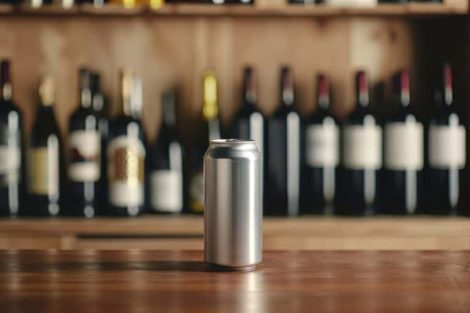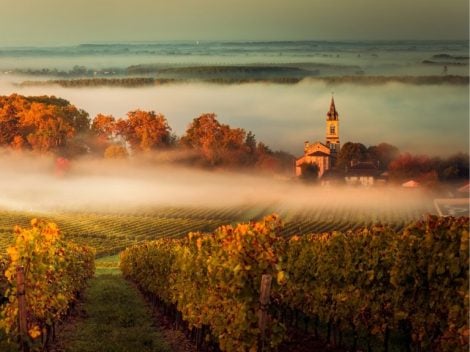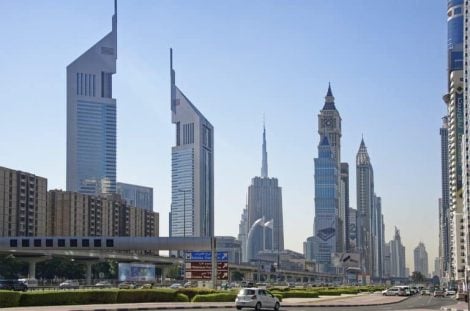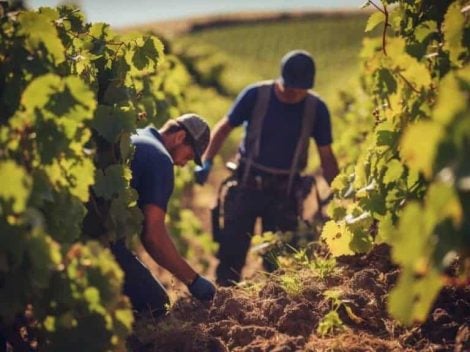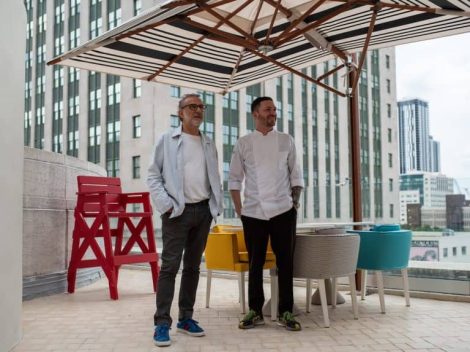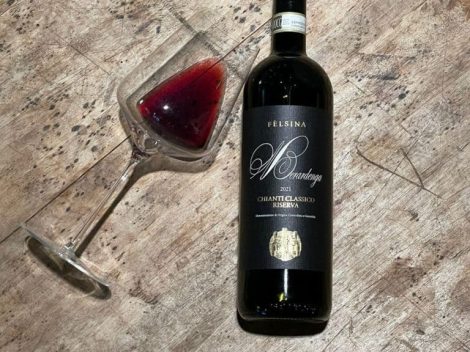By Edoardo Giribaldi
"Food is not and cannot be used as a weapon." These are the words of someone who makes food a helping hand for those who find themselves alone amidst tragedy, seeking a dish to satisfy both their hunger and the difficult-to-find humanity in the places where the chef operates. His story and his organization, World Central Kitchen (Wck), returned sadly to the headlines following the killing of seven of his volunteers, who died after an Israeli raid while delivering aid inside the Gaza Strip. Volunteers who, echoing another passage from Andrés' editorial published in The New York Times, were "more than heroes," as they were willing to risk their lives for "the most fundamental of human activities: sharing food with others."
From El Bulli to New York: who is José Andrés
Born in the Asturias region of Spain on July 13, 1969, the chef showed a predisposition for cooking and its application in supporting others from a young age: at fifteen, he attended a hotel school in Barcelona, and at eighteen, he completed his military service by cooking for an admiral. His first professional job was already at a high level, at "the most imaginative generator of haute cuisine on the planet," as The Guardian described El Bulli, the restaurant that, under the leadership of Ferran and Albert Adrià, had earned three Michelin stars and international recognition for its innovations in molecular gastronomy.
Andrés worked there for three years, then came the turning point: the move to New York at just 21 years old with only fifty dollars in his pocket. The splendor of El Bulli seemed distant, at least initially. The chef quickly made a name for himself, and in 1993, three years after his arrival in the States, he was hired to lead the kitchen at Jaleo, a tapas restaurant that had just opened its first location in Washington at the time. It was a consecration for Andrés, defined by The Washington Post as a pioneer of small plates, who helped the owners expand the Jaleo chain and meanwhile introduced the minibar: a kind of "restaurant within the restaurant" inside one of the Jaleo locations, Cafe Atlantico. Only six seats to taste the chef's most innovative creations; word spread, and soon it took at least a month in advance to secure a reservation.
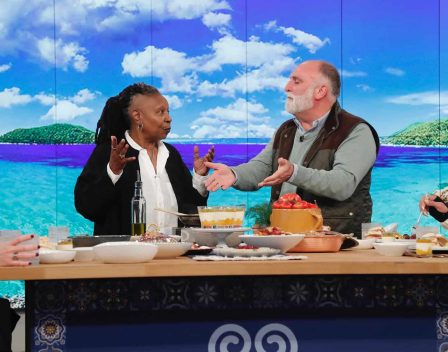
The birth of World Central Kitchen
Andrés also became a prophet in his homeland, debuting on television with his culinary show Vamos a Cocinar. Later, he published books, opened new restaurants, and stood behind university lecterns as well as stoves, joining his old employer Ferran Adrià at one of the most prestigious universities, Harvard, to teach a course in culinary physics. It was 2010, the year of the tragic 7.0 magnitude earthquake in Haiti on January 12 that killed hundreds of thousands of people and caused damages of over eight billion dollars. The Haitians' cry for help sparked the creation of Wck, which from Port-au-Prince, the capital of the Caribbean country, reached countries around the world affected by natural disasters: Zambia, Peru, Uganda, the Dominican Republic, just to name a few, up to Ukraine and the United States during the pandemic.
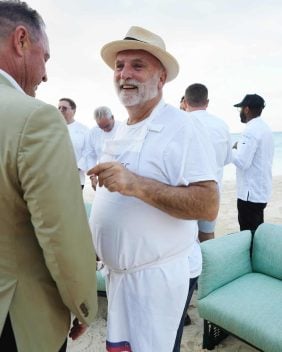
The clash with Trump
In the country that welcomed him at just twenty-one years old, Andrés found himself in conflict in 2016 with then-President Donald Trump. Everything seemed ready for the opening of his restaurant at the Trump International Hotel in Washington, when some offensive comments made by the tycoon about Mexican migrants who entered the United States without documents caused Andrés to withdraw from the agreement with the Trump Organization. The legal battle between the two ended with an agreement a year later, in April 2017. The building was sold and reopened under the new name of Waldorf Astoria Washington D.C. in June 2022. A few months later, Andrés took back the original project, and on February 8, 2023, he inaugurated the restaurant, called Bazaar.
Culinary and humanitarian awards
"We [chefs] feed a few, but we have the opportunity to change the world," Andrés said. And the international community has repeatedly recognized him for paving the way for change. Humanitarian awards join culinary ones, from being included twice (2012 and 2018) in Time Magazine's list of the 100 most influential people in the world to being awarded the National Humanities Medal by President Obama himself in 2015, up to his nomination for the Nobel Peace Prize. A mission, a fire that the recent tragedy in Gaza will hardly extinguish. The same flames that had begun to burn since childhood, when Andrés' father took him aside in the forests of northern Spain to teach him the perfect cooking of paella, to be shared with the rest of the family.

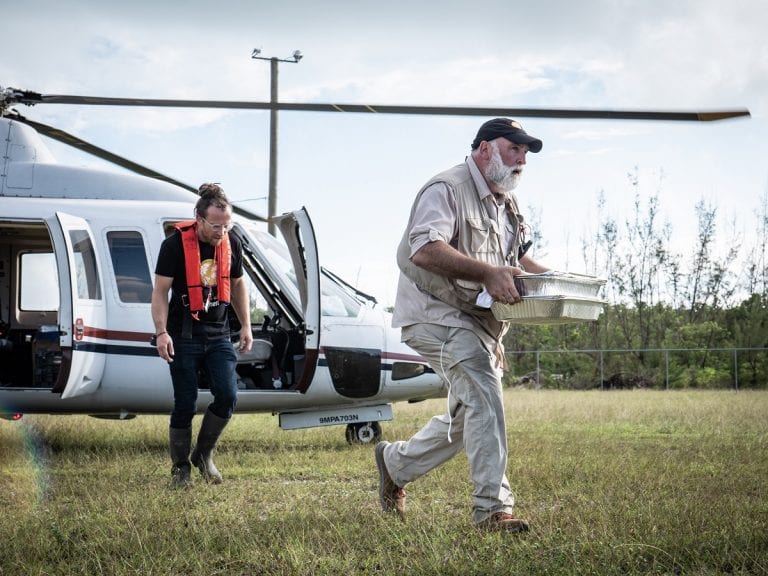
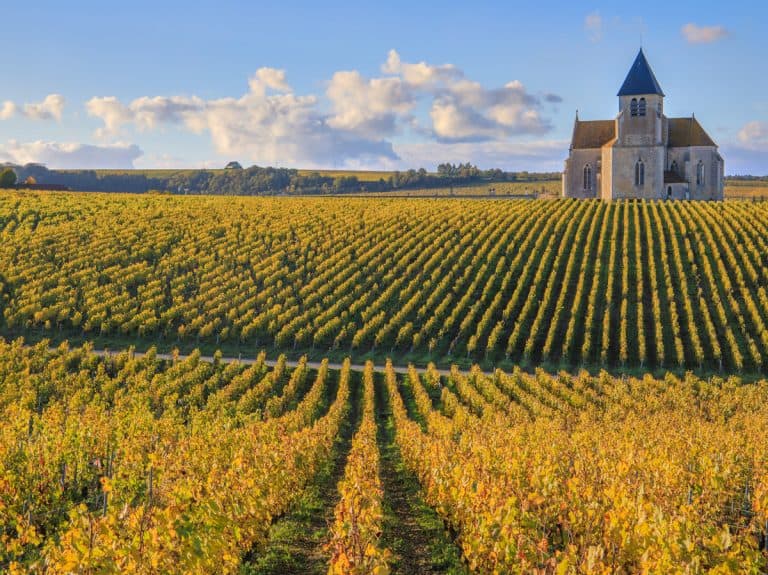 Burgundy’s resilience: growth in fine French wines despite a challenging vintage
Burgundy’s resilience: growth in fine French wines despite a challenging vintage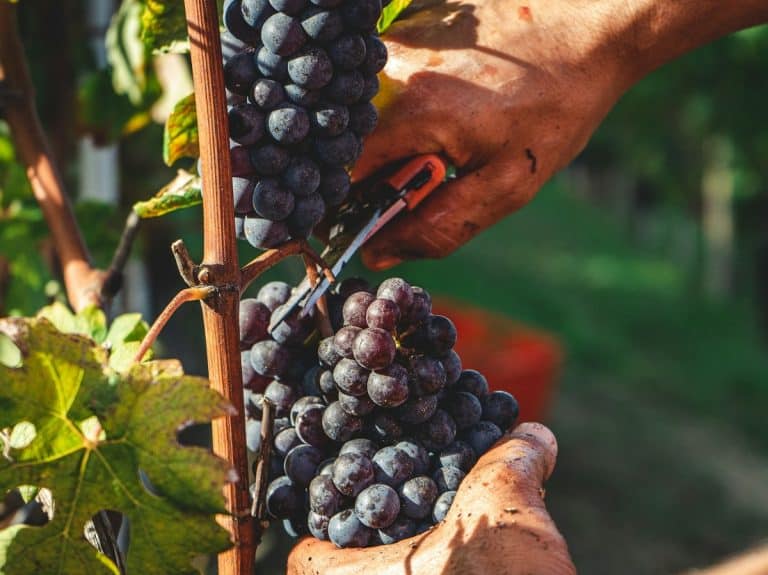 Wine promotion, vineyard uprooting, and support for dealcoholised wines: the European Commission's historic compromise on viticulture
Wine promotion, vineyard uprooting, and support for dealcoholised wines: the European Commission's historic compromise on viticulture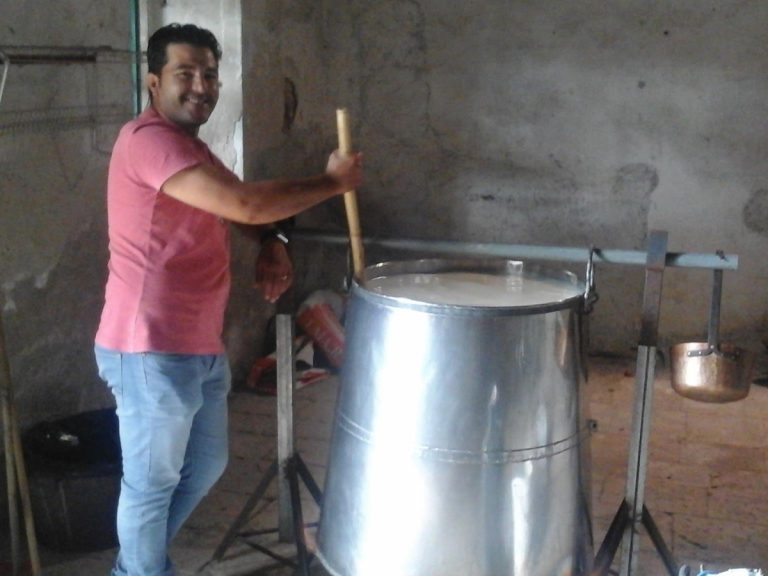 A small Sicilian farmer with 40 cows wins silver at the World Cheese Awards
A small Sicilian farmer with 40 cows wins silver at the World Cheese Awards Women are the best sommeliers. Here are the scientific studies
Women are the best sommeliers. Here are the scientific studies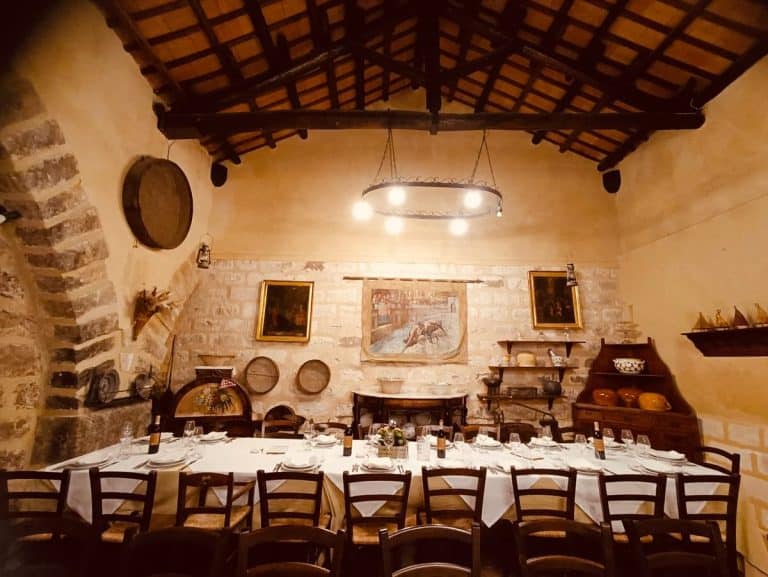 Where to eat at a farm stay in Sicily: the best addresses in the Provinces of Trapani, Palermo, and Agrigento
Where to eat at a farm stay in Sicily: the best addresses in the Provinces of Trapani, Palermo, and Agrigento